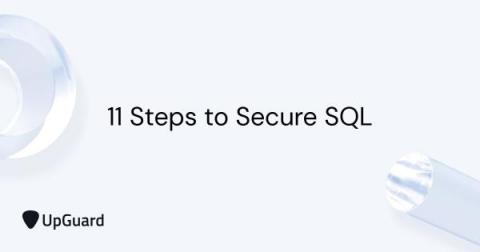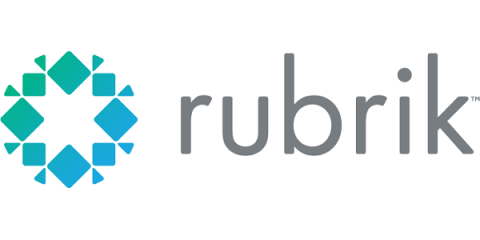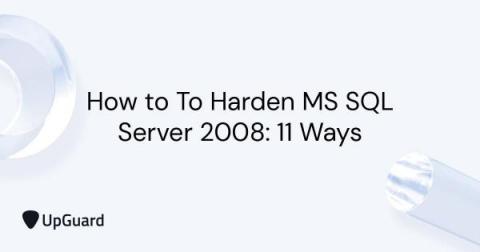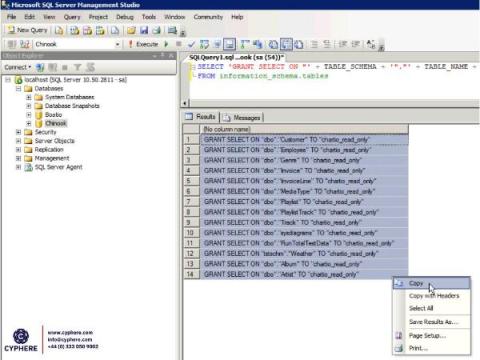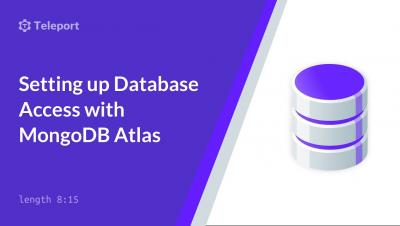11 Steps to Secure SQL in 2022
Whether you’re running Microsoft’s SQL Server (soon to run on Linux) or the open source MySQL, you need to lockdown your databases to keep your data private and secure. These 11 steps will guide you through some of the basic principles of database security and how to implement them. Combined with a hardened web server configuration, a secure database server will keep an application from becoming an entry point into your network and keep your data from ending up dumped on the internet.


